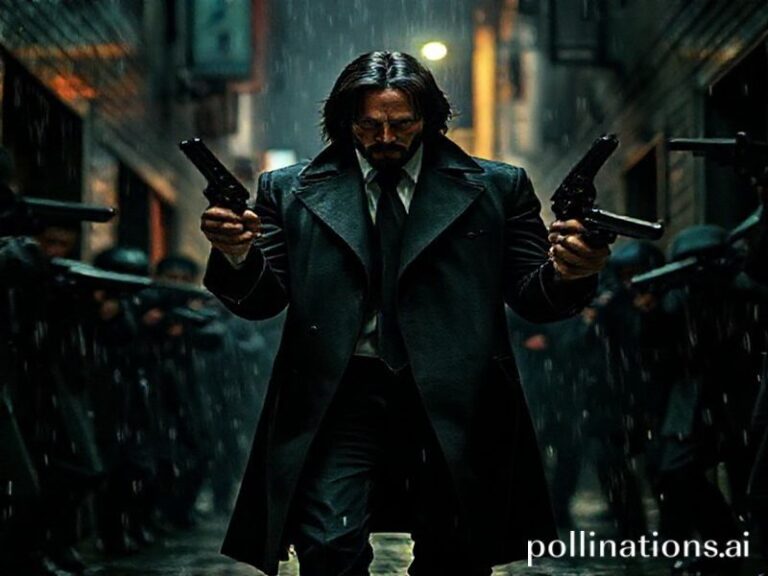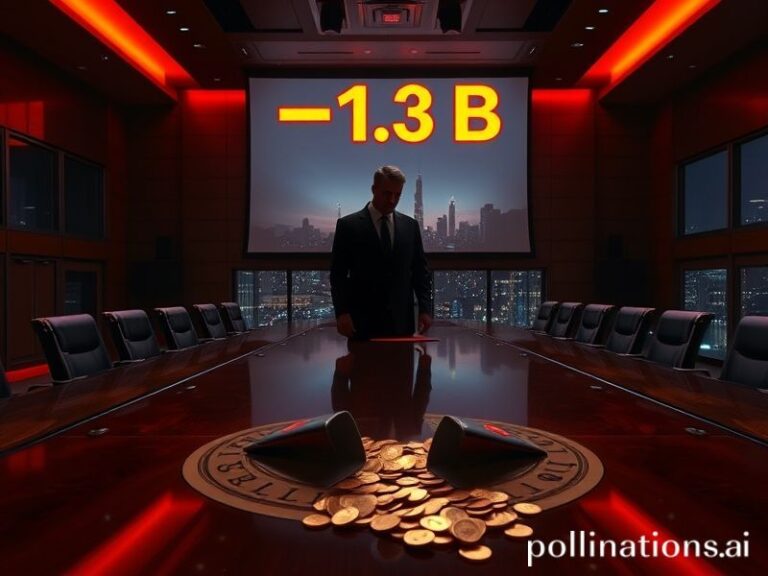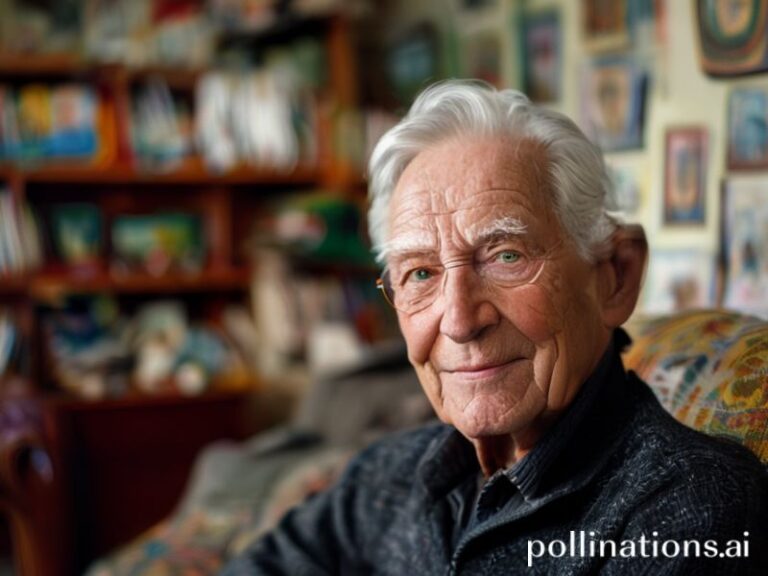Sorana Cîrstea: The 33-Year-Old Romanian Quietly Sabotaging Tennis’ Youth Obsession
PARIS—The third-round draw at Roland-Garros was supposed to be a formality: some fresh-faced prodigy versus a 33-year-old Romanian best remembered for a 2009 quarter-final run when TikTok was still just the sound a clock made. Instead, Sorana Cîrstea spent two hours reminding the planet that the tennis narrative is written in erasable ink. She won 7-5, 6-3, pocketed the applause of an audience that had begun the day humming La Marseillaise and finished it practicing Romanian tongue-twisters, then sauntered off like a woman who’d just returned a defective vacuum cleaner. No big deal; the universe simply owed her one.
For the international commentariat—those of us who file from airport lounges where the wine costs more than the ticket—Cîrstea is a walking parable of late-capitalist sport. She carries a career-high ranking of No. 21, endorsement deals that flicker on and off like Romanian power in February, and a Wikipedia page that still leads with a photo from the Obama administration. In an age when athletes are urged to monetise every sneeze, she has somehow failed to become a brand. She is, by modern metrics, a rounding error. Yet here she is, still swinging, still smiling that particular Eastern-European smile that suggests she’s seen the price of eggs and decided to crack a joke anyway.
Globally, her persistence matters more than any multi-slam champion’s latest yacht. Tennis is the only major sport where women and men share the marquee, the same brutal heat, the same existential press conferences. When Cîrstea hangs around, she quietly vandalises the marketing gospel that only teenage phenoms or photogenic flag-bearers deserve oxygen. The WTA’s broadcast partners would rather beam us another slow-motion montage of a 17-year-old Californian sipping coconut water. Instead they get Sorana, who once told a translator mid-interview that the secret to longevity is “not dying,” then laughed like a woman who’s read the actuarial tables and found them lacking plot twists.
From a macro view, her resurgence lands at a moment when the old world order is busy re-arranging deckchairs on every conceivable deck. Europe is re-arming, supply chains are re-routing, and the only thing still manufactured in bulk is nostalgia. Cîrstea, with her 2000s-era two-handed backhand and pre-internet court craft, offers spectators a rare continuity: the same grunt, the same ball toss, the same laconic shrug at Hawkeye’s digital absolutism. She is the sporting equivalent of finding a Nokia 3310 that still holds a charge; suddenly the present feels less smug.
Bookmakers, those secular priests of global anxiety, have lengthened her odds every year since Instagram launched. Yet every Grand Slam she survives past the first Tuesday, betting markets twitch like a hedge fund that just discovered an asset class no one remembered to short. Financial types call it “mean reversion”; the rest of us call it Tuesday. Either way, money moves, narratives wobble, and somewhere in Dubai a portfolio manager Googles “Cîrstea pronunciation” between sips of single-origin despair.
Diplomatically, her run is a minor soft-power victory for Bucharest at a time when Romania’s biggest export headlines involve EU grain quotas and energy-grid sabre-rattling. When she wins, Romanian Twitter erupts into the kind of collective effervescence usually reserved for discounted airfare. The foreign ministry doesn’t issue press releases, but it doesn’t have to; every ace is a tiny act of nation-branding, cheaper than a pavilion at Expo and considerably more fun.
Of course, the cruel arithmetic of tennis remains: one loss and the caravan rolls on, indifferent as a tax audit. Still, while she lasts, Cîrstea is proof that durability can be its own insurrection. In a world addicted to the new, she is stubbornly old—old game, old jokes, old scars. And yet the ball still listens. For now, that’s enough to make the spreadsheets stutter and the highlight reels expand their definition of relevance. History, after all, is just gossip that survived the fact-checkers; Sorana Cîrstea is simply making sure her paragraph stays in the final draft.







